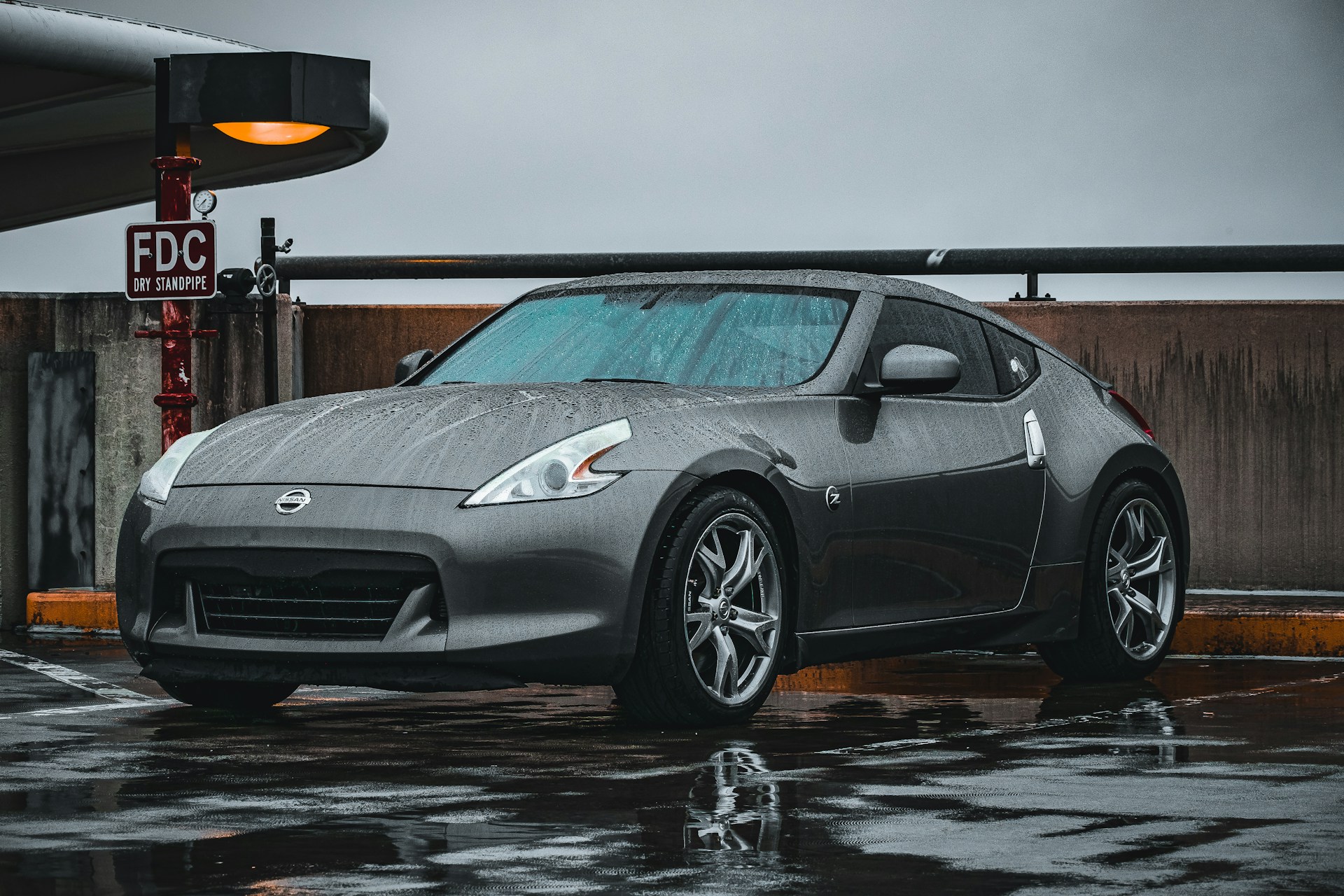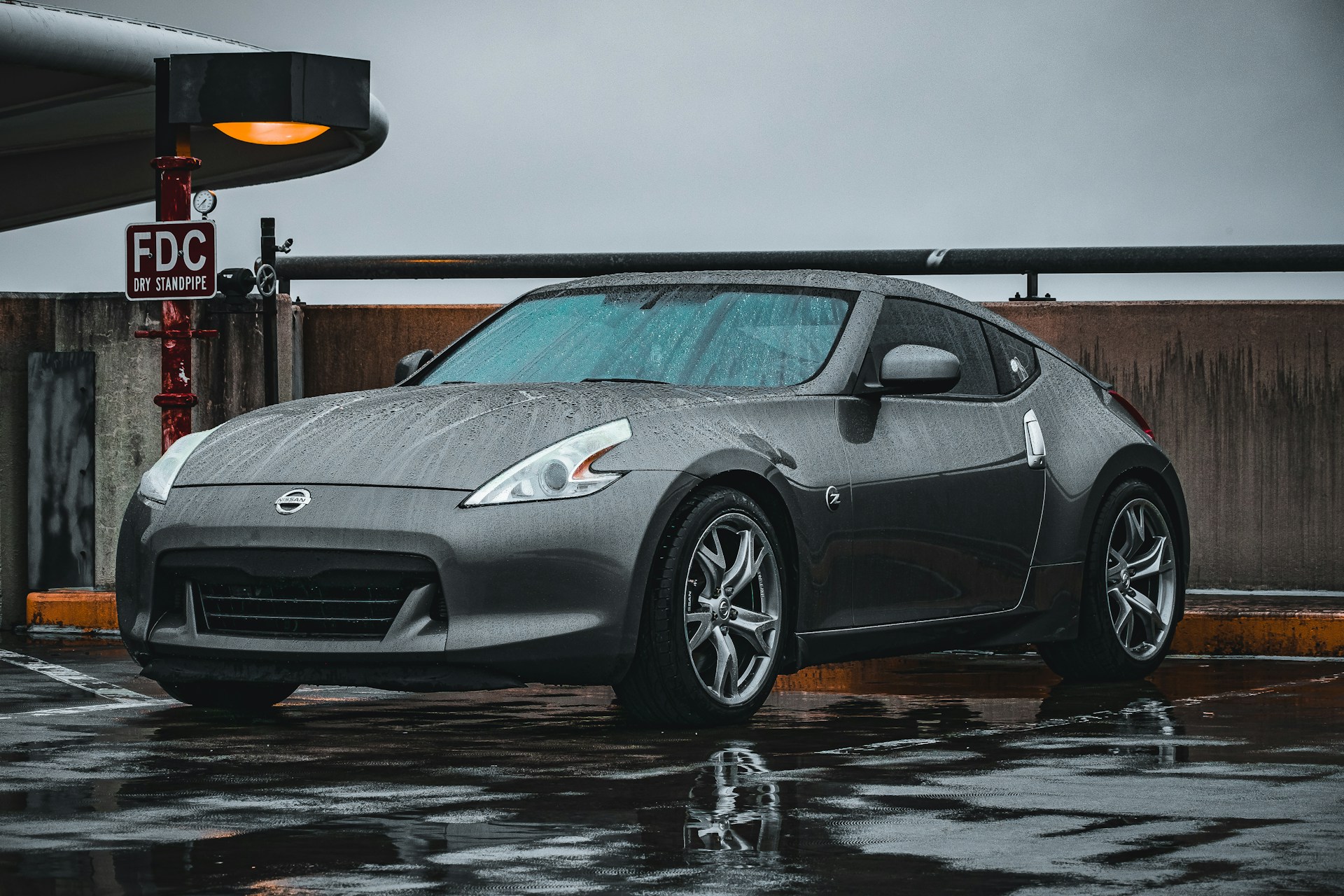What Fall Means for Your Nissan Sentra Battery Life
Why Your Nissan May Feel Sluggish on Chilly Mornings

Fall mornings around Denver have a certain feel. The air’s crisp, the leaves are starting to turn, and the school routine is back in full swing. For drivers, though, these cooler mornings can come with a surprise. That first morning drive might feel slower than usual. Your car doesn’t seem broken, just not as peppy as it did the day before. If you’re in a 2025 Nissan Sentra in Denver, and it seems a little sluggish when the temperature drops, you’re not imagining it.
Cars react to temperature swings, and those early hours before the sun warms things up are when you’ll notice the difference most. The good news is, there’s a reason for it—and most of the time, it’s nothing to worry about. Here’s why your Nissan might feel groggy on cold mornings, and what’s actually going on under the hood.
What Cold Weather Does to Your Car’s Performance
When the temperature dips overnight, your car wakes up to a very different set of conditions than it had a few weeks ago. Cold weather changes the way your engine systems behave first thing in the morning.
Here’s what’s happening:
Engine oil gets thicker when it’s cold. That means it takes longer to move through the system and lubricate all the moving parts. Until things warm up, your engine has to work harder just to keep up.
Your battery’s not a fan of cold either. On chilly mornings, the chemical reactions that power your battery slow down. That affects how easily your car can start and how quickly accessories like lights and radio respond.
Fuel systems adjust, too. Modern engines need to account for colder air during combustion. Your car’s system automatically modifies fuel-air mixtures in cold weather. It’s normal, but it can make the first few minutes feel “off” while everything balances out.
Putting it simply, your car needs a minute to adjust, much like we do before that first cup of coffee.
2025 Nissan Sentra models at Alpine Nissan are tested to perform in Colorado weather and feature advanced fuel management for more efficient cold starts.
Slower Acceleration Isn’t Always a Problem
One of the most common things we hear from local drivers in colder months is that their car hesitated or didn’t speed up as smoothly on a cold morning. That’s not unusual, especially in newer vehicles designed to protect themselves by easing into power delivery.
Engine control systems have sensors that read the temperature and adjust performance until the engine warms up. It won’t zap your fuel economy or stall your drive, but it might mean it takes a little longer for the car to feel like its usual self.
We had a customer from Lakewood who brought in their 2025 Sentra because it “felt sleepy” before 8am but ran fine later in the day. After a quick check, everything looked just right. The Sentra’s engine was doing its job—providing smoother performance once warmed up. They started giving it an extra minute at start-up, and the difference was noticeable.
That small window where the car resets itself for colder conditions just takes some patience.
Your Tires and Transmission Feel It Too
It’s not just your engine waking up slowly. Your tires get stiff with the cold, which can change the way your car moves right off the driveway.
Cold air lowers tire pressure. Even a few PSI can make tires feel harder, create drag, and affect how easily your car rolls. Once the tires heat up on the road, they return to normal, but in those first moments, everything can feel sluggish.
Then there’s the CVT, the transmission type found in the 2025 Nissan Sentra. It doesn’t shift the way a traditional transmission does, but the system still needs time to warm up. Until it does, power delivery may feel slower, especially during stop-and-go traffic.
One of our long-time customers who commutes from Denver to Lakewood told us their 2025 Sentra always felt more responsive by the time they got onto Route 6. That warming-up window was just part of their routine once cooler weather hit.
Alpine Nissan offers complimentary tire pressure checks and transmission inspections to help early morning drivability in every season.
Tips to Keep Your Morning Drives Smoother
You can’t change the weather, but you can make early morning starts a little easier for your car. Try these simple steps before your next drive:
Start the ignition and give it a few seconds before shifting to drive. Letting the electronics and systems power up briefly helps your car prepare for motion.
Keep up with seasonal service. Clean fluids, especially oil and coolant, perform better in colder temps. A battery test can help catch any signs it’s getting tired.
Don’t blast the heat the second the engine turns over. Letting your HVAC system settle in for a few moments helps avoid added strain and keeps your cabin temps more balanced.
You don’t need to sit and idle for ten minutes (that’s not great for your engine), but easing into your drive gives everything time to adjust safely.
Peace of Mind for Cold-Morning Commutes
Feeling that bit of lag during colder mornings doesn’t mean your car’s giving up on you. It’s often just your vehicle adjusting to cooler temperatures, quietly doing what it was built to do.
The 2025 Nissan Sentra in Denver is made to handle Colorado seasons, but that doesn’t mean every morning will feel the same. When you know how cold temps affect performance, you can drive with more confidence—and a little more patience.
The roads may be the same, but your car knows the difference between a 65-degree afternoon and a 40-degree morning. Half the battle is knowing what to expect. The rest is simply giving your Sentra what it needs to handle every season, one cool start at a time.
Cooler 2025 mornings around Denver can be a good reminder to check if your current car still suits your day-to-day. If it’s feeling sluggish or no longer fits your routine, you might want to explore options like a Nissan Sentra in Denver. At Alpine Nissan, we're always happy to help you figure out whether to stick with what you’ve got or try something different this season.



